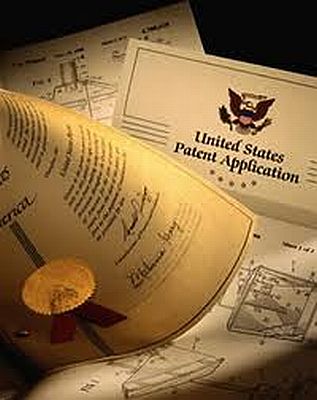

In yet another setback for Google, Microsoft and LG Electronics have signed a patent-licensing agreement for LG’s Android devices.
Although neither company disclosed the exact terms, similar agreements have seen manufacturers paying Microsoft royalties for each Android device created.
Microsoft has argued for some time that Android violates several of its patents.
The agreement with LG Electronics also covers Chrome OS, Google’s web-reliant operating system for traditional PCs. A handful of Chromebooks appeared at this week’s 2012 International Consumer Electronics Show in Las Vegas. Whether LG ends up building these devices under their own brand remains to be seen, but the agreement indicates that such a move is at least under consideration.
Frank Shaw, Microsoft’s corporate vice president of corporate communications, left a somewhat cheekier response to the news on his Twitter feed: “Hey Google – we are the 70%.”
Microsoft spent 2011 locking down Android agreements with manufacturers big and small, including Samsung and HTC. Thanks to that push, Microsoft is earning significant revenue from software developed by Google, a fact that almost certainly irritates Mountain View executives to the extreme.
Not all Android manufacturers have quietly submitted to a Microsoft licence.
Motorola Mobility, which Google is looking to acquire, voted to battle out the issue in court rather than pay Redmond a fee for its Android devices. Barnes & Noble, which manufactures a line of e-readers that use Android, also opted to push back against Microsoft’s licensing attempts with its own lawsuit.
The added irony to the situation is that Microsoft’s earnings from Android licenses could, theoretically, be outpacing revenue from Windows Phone, which so far has failed to attract a customer base capable of outright challenging Android’s market share.
Microsoft hopes a recent software upgrade to Windows Phone, combined with new efforts by manufacturing partners like Nokia, will help it gain some marketplace traction this year.
SoftBank has agreed a funding deal that will see OpenAI being provided with up to…
Tesla sales have plummeted to lowest level in three years, as deliveries of new EVs…
New addition. Next generation foundation model, as Amazon Nova model launches to perform actions within…
Head of artificial intelligence research at Meta Platforms has announced she is leaving the social…
No decision yet, after media reports CK Hutchison was to spin off its global telecom…
Ahead of 5 April deadline, Trump is to hold White House meeting over possible investors…
View Comments
Companies need to take a leaf from Barnes & Noble's book. They are fighting back! And when you look at what Microsoft's patent violation claims are, any company that doesn't fight back in just stupid:
1. '372 Patent (Web browser background image loading).
2. '522 Patent (Operating system provided tabs).
3. '551 Patent (Electronic selection with handles).
4. '233 Patent (Annotation of electronic documents).
5. '780 Patent (Web browser loading status icons).
Read the full story here: http://www.groklaw.net/articlebasic.php?story=2011111122291296 (it's a worthwhile read, even though it's very lengthy).
I wish Barnes & Noble the best of luck, and will fully support them by buying B&N tablets (and various other products).